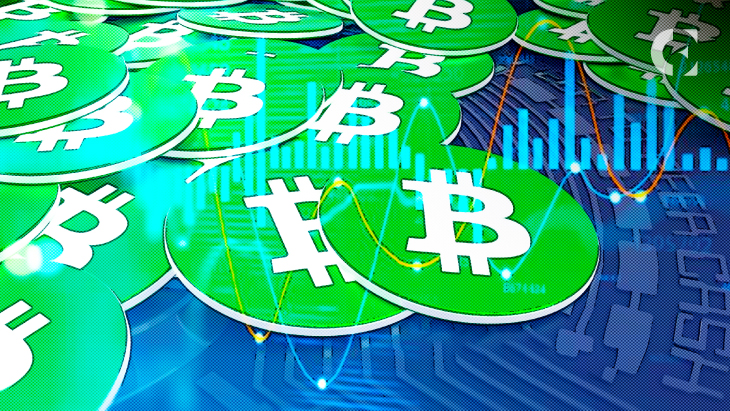- In 2014, Mt.Gox suffered from the largest Bitcoin hack up to that point in time.
- Wu Blockchain announced on X today that Mt.Gox creditors received emails from the bankruptcy trustee.
- Due to the email, repayments of Mt.Gox creditors are expected to start this year, continuing into 2024.
Wu Blockchain shared in an X post today that some creditors of Mt.Gox have recently received an email from the bankruptcy trustee, who announced their intention to initiate repayments. The email stated that the trustee is actively working towards starting the repayments within the year.
However, because of the varying types of payments and the different preparation and processing times required to make the repayment, the email claimed that it is likely that the payments will continue into 2024. In the process, Mt.Gox will distribute various assets to the creditors.
These assets include 142,000 Bitcoin (BTC) and 143,000 Bitcoin Cash (BCH). Additionally, a sum of 69 billion yen, among other assets, will be paid to creditors as well. According to CoinMarketCap, at press time, BTC was worth $36,503.53, while BCH was trading hands at $220.77.
Mt.Gox was started by U.S. programmer Jed McCaleb in 2010 and sold to French developer Mark Karpelès in 2011. The company held a prominent position in the cryptocurrency realm as a major player. During its peak in 2013, the exchange reportedly managed an impressive 70% share of global BTC transactions.
Mt.Gox suffered a huge blow in the largest BTC hack up to that point in time. Hackers successfully infiltrated the platform and made off with 750,000 BTC belonging to the exchange’s customers. The criminals also stole an additional 100,000 BTC from the company’s own holdings.
The situation quickly deteriorated after the hack, and as a result of this, the company declared bankruptcy by the end of February 2014. Moreover, there are suspicions that hacking activities may have started as early as 2011.
Disclaimer: The information presented in this article is for informational and educational purposes only. The article does not constitute financial advice or advice of any kind. Coin Edition is not responsible for any losses incurred as a result of the utilization of content, products, or services mentioned. Readers are advised to exercise caution before taking any action related to the company.







